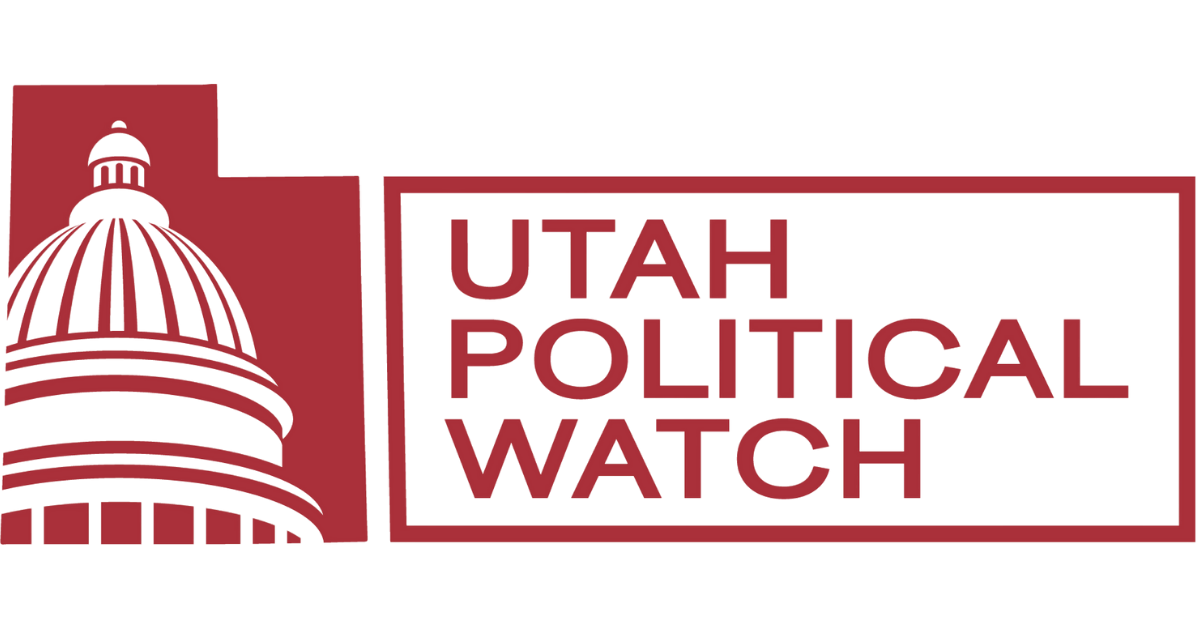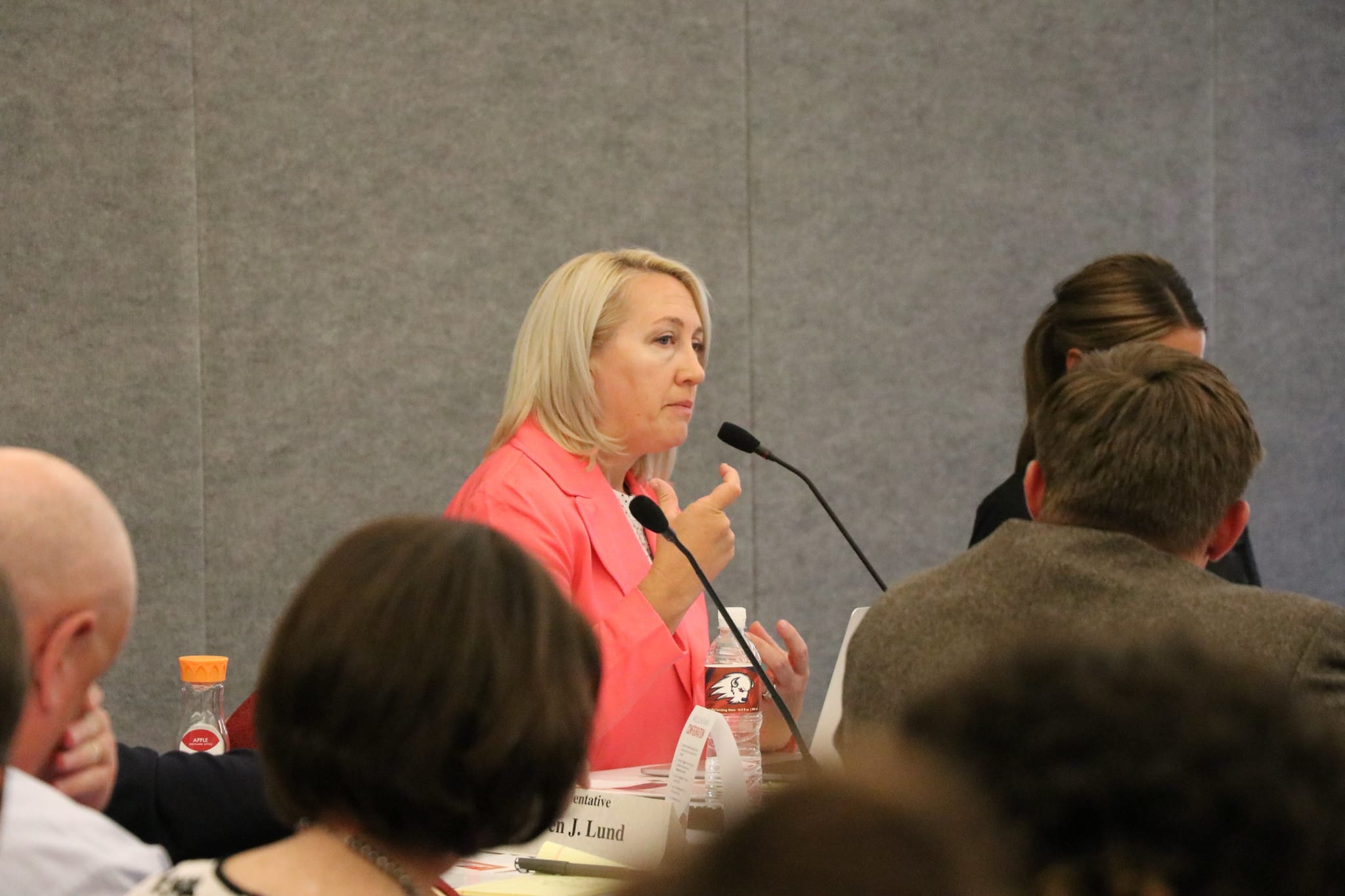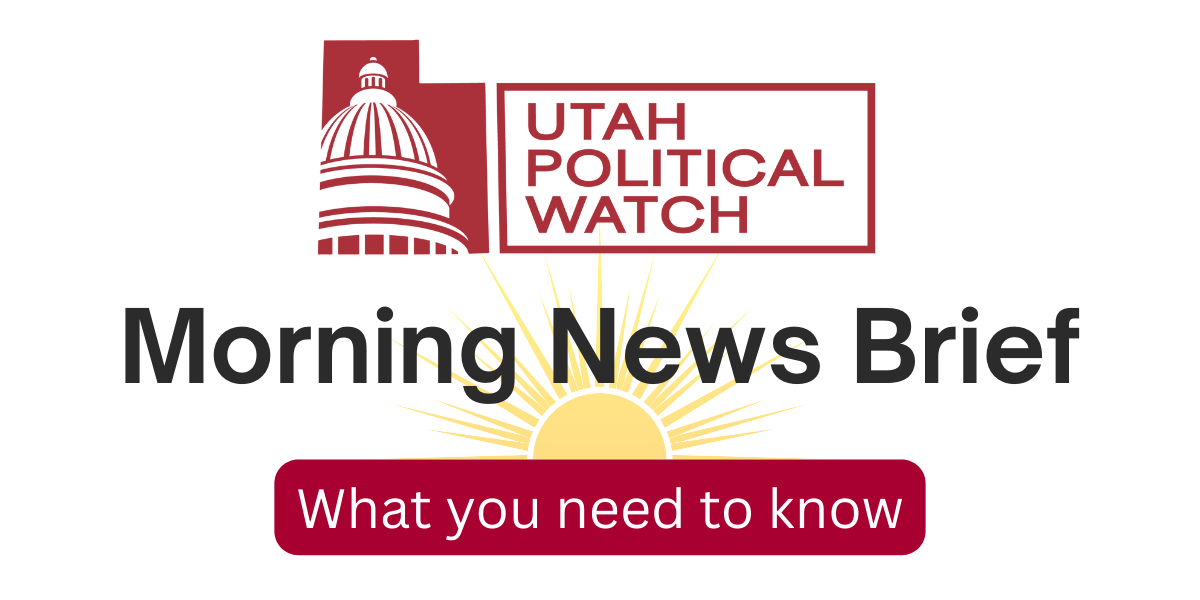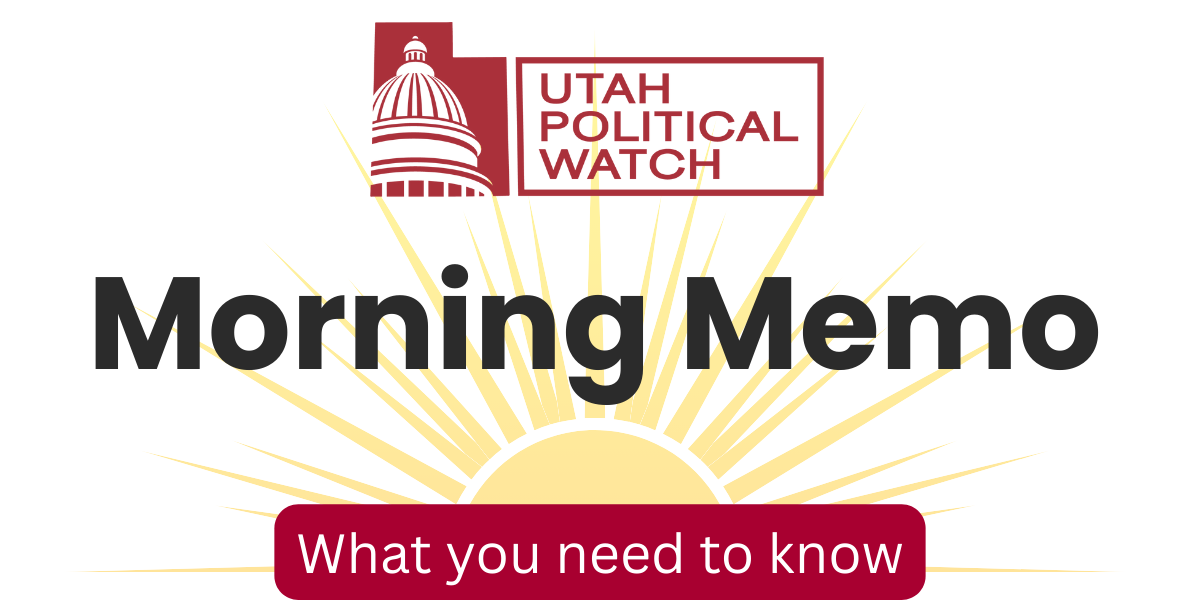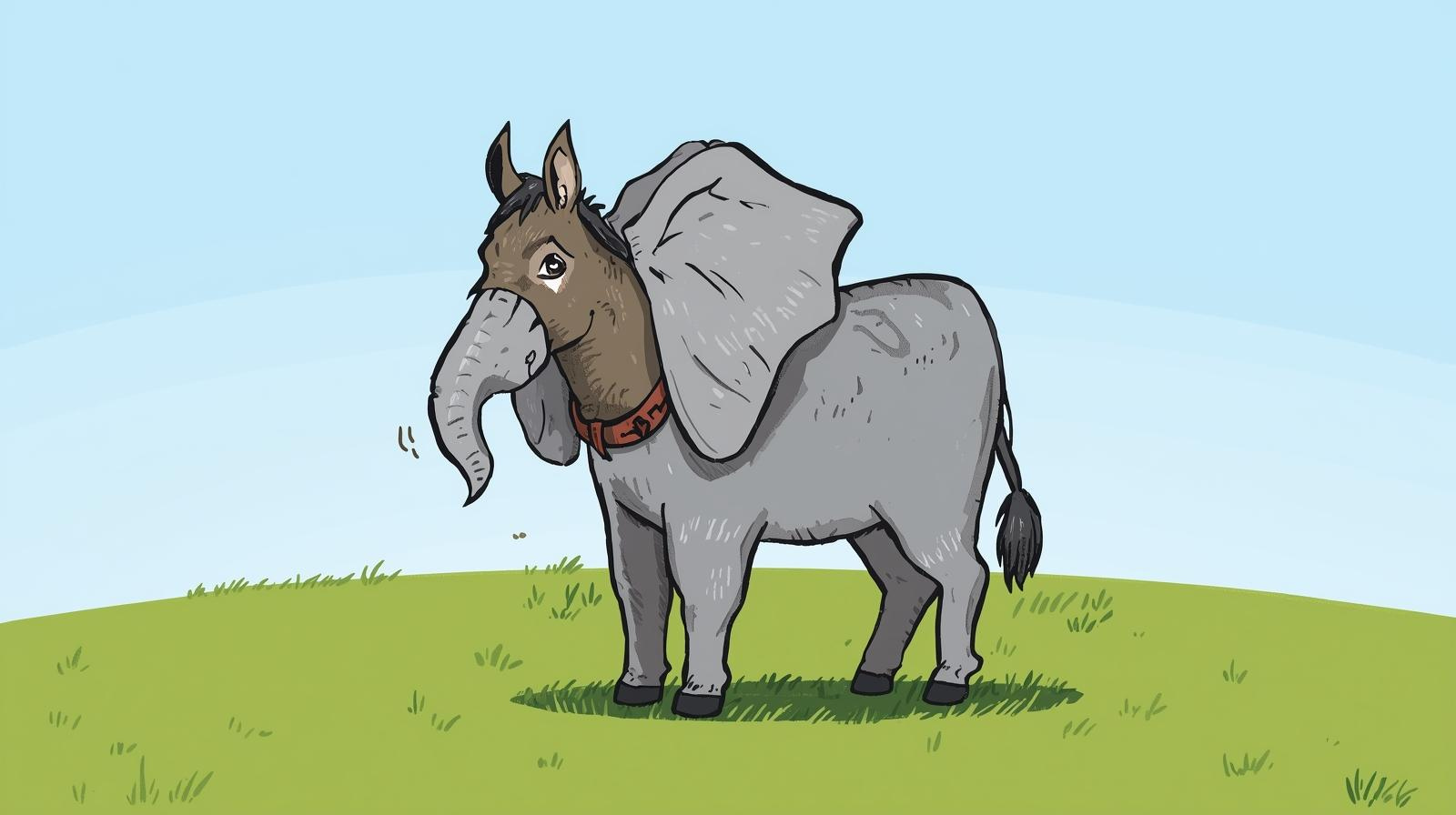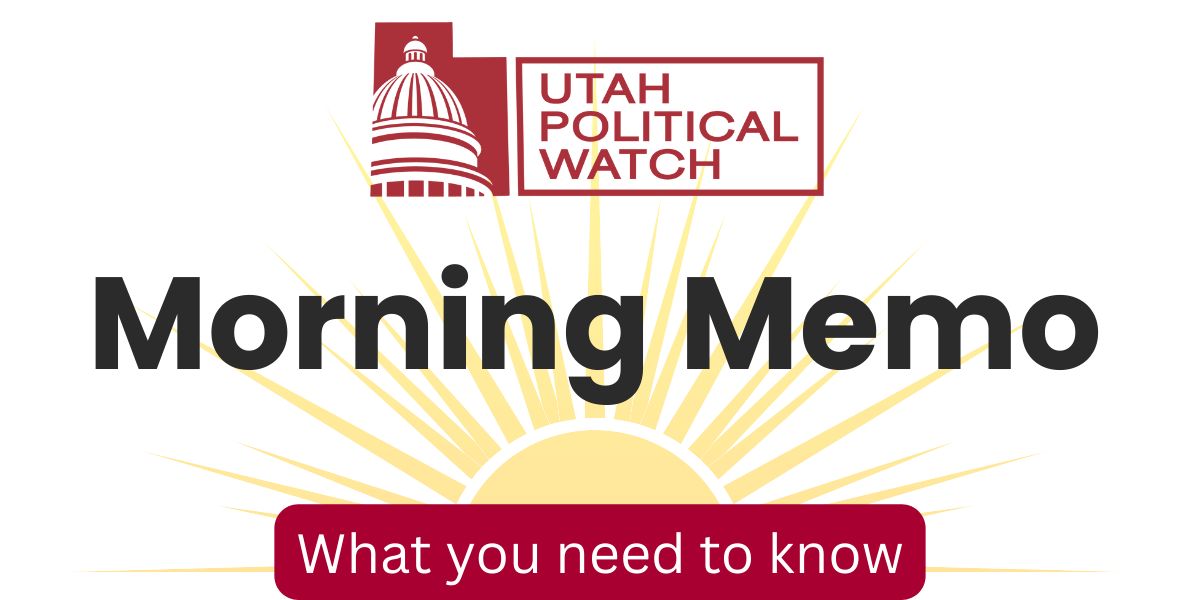In April, House Majority Whip Karianne Lisonbee breathlessly reported on social media that she had uncovered evidence that “illegal immigrants are voting in Utah elections.” However, she’s refusing to turn over any information about these alleged non-citizens voting to election officials.
In interviews and on social media, Lisonbee claims an anonymous “whistleblower” has provided her with information that at least one person who is not a U.S. citizen has registered and voted in Utah elections since 2020.
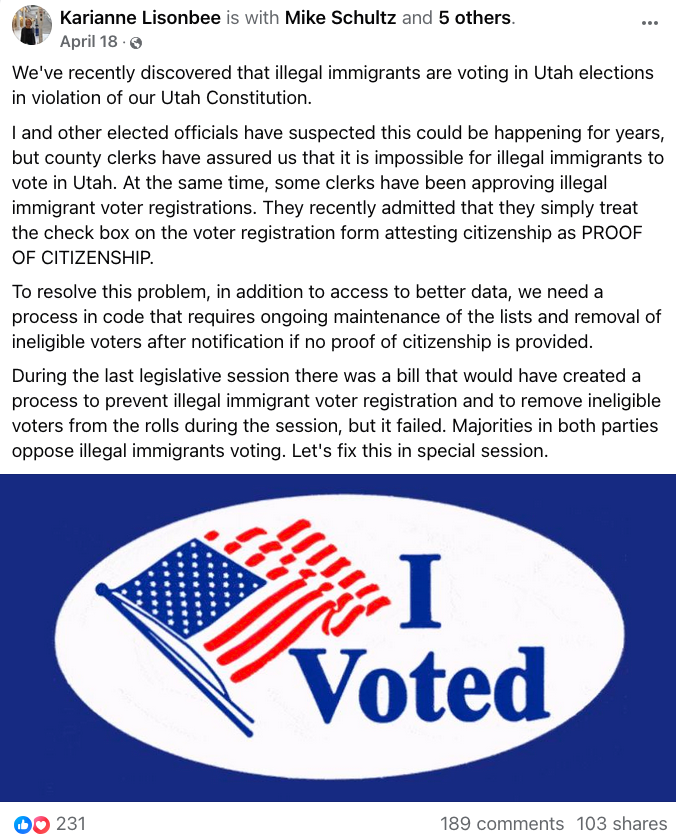
“This person actually did have a driver’s privilege card. This particular person should not have been allowed to register or vote, and they had been voting in Utah elections for four years,” Lisonbee claimed during a recent appearance on an obscure right-wing podcast.
She has also suggested other non-citizens are on Utah’s voter rolls, even claiming one county clerk “proactively worked to remove all of the illegal aliens on their voter rolls.”
Lisonbee says the issue is so urgent that she’s already drafted legislation requiring proof of citizenship to register to vote, and she wants it included on the agenda of a special legislative session, which could come later this month.
According to text messages and emails obtained through an open records request, Lisonbee told several county clerks about the informant, but refused to provide any information because doing so would unmask the whistleblower who she claims is protected under Utah law.
When she went public with her allegations on social media last month, Davis County Clerk Brian McKenzie texted Lisonbee asking for information so he could investigate. Lisonbee refused.
“I am not aware of any non-citizen currently registered to vote in Davis County, nor am I aware of any county clerk who knowingly allows non-citizens to register. If you are aware of a non-citizen registered to vote or a clerk that knowingly permits this to happen, this is the information I would be interested in, not the identity of who notified you,” McKenzie texted.
“I am aware of non-citizens on the voter rolls,” Lisonbee replied.
When McKenzie asked for the names of those non-citizens so he could investigate, Lisonbee again refused, citing whistleblower protections.
McKenzie then explained that he was not asking for the identity of the informer but the non-citizens who Lisonbee claims are registered to vote.
“I know what you are asking for and to protect the whistleblower I cannot provide it,” Lisonbee replied. “But I look forward to discussing how we can prevent any more illegal immigrants from registering.”
When McKenzie explained that it would be difficult to come up with a solution without that information, Lisonbee said he just needed to trust her.
“I hope you’re asking me to fix a problem that I have not seen and cannot see. It’s equivalent of asking me to plug a hole that I can’t identify, so I’m not sure the best way to plug the hole. As of right now, you’re asking me to fix a problem based on an unsubstantiated claim. I can’t guarantee a fix to a problem that I don’t fully understand,” McKenzie said.
“If you trust our staff members and my relation to you of what they found, we will solve the problem,” Lisonbee said.
When someone registers to vote in Utah, they’re required to confirm they are a citizen by checking a box on the registration form attesting they are a citizen of the United States.
“The ongoing concern is that someone willing to fill out the registration form illegally isn’t going to be reticent to also check the box falsely asserting citizenship,” Lisonbee said in a text message to McKenzie.
It’s a Class A misdemeanor for anyone who is not a U.S. citizen to register to vote in Utah. Lisonbee did not respond to questions from Utah Political Watch about whether she had reported these alleged crimes to law enforcement or if she planned to do so. She also ignored questions asking if she planned to publicly reveal the information given to her by the purported whistleblower.
Despite her refusal to provide specifics, Lisonbee points to a vulnerability in Utah’s voter registration system. Applicants are required to provide their date of birth and a valid Utah Driver License number or State Identification number. To get either of those documents, applicants must show a birth certificate, passport or other government-issued documents. Election officials compare the voter registration form with the state’s driver’s license database, which verifies whether they are a U.S. citizen.
But, if someone does not have a driver’s license or state-issued ID, the only other proof of identity required to register to vote is the last four digits of their social security number. Clerks and the Lt. Governor’s office do not have access to that database and cannot use it to verify identity or citizenship. So long as they check the box attesting they are a citizen of the U.S., election officials would have to take their word for it because they have no other way to verify citizenship.
The day before Lisonbee went public with her allegations about non-citizens casting ballots in Utah elections, Lt. Gov. Deidre Henderson announced on social media that her office was conducting a “full citizenship audit of Utah’s voter rolls.” Henderson’s office told Utah Political Watch that the audit effort was not related to Lisonbee’s claims.
My office is conducting a full citizenship audit of Utah’s voter rolls, similar to those recently conducted by other states. The audit will give us insight into the scope of any current problems and vulnerabilities and help us identify what changes may be needed to ensure that…
— Lt. Gov. Deidre M. Henderson (@LGHendersonUtah) April 17, 2025
Lately, Lisonbee has embraced several far-right conspiracy theories about elections, incorporating them into proposed legislation.
During the 2025 session, she aggressively pushed HB332, which would force the state to withdraw from the Electronic Registration Information Center also known as ERIC, a multi-state coalition that states used to help clean up and maintain their voter registration lists. In 2023 and 2024, several Republican-led states pulled out of ERIC because a far-right conspiracy theory falsely claimed it was funded by billionaire George Soros and funded by left-wing activists to help Democrats win elections. After encountering resistance, Lisonbee stripped that provision out of the bill.
HB332’s early versions had another troubling provision that appeared to be specifically written to give Jay Valentine, an election conspiracy theorist, access to the personal information of millions of Utahns.
Lisonbee proposed having the lieutenant governor contract with a third-party company to maintain the state’s voter database using “quantum technology.” Valentine has been peddling his “fractal quantum technology” to states that have withdrawn from ERIC. Valentine worked closely with lawyer Sidney Powell who claimed, without proof, that Donald Trump’s loss in the 2020 presidential election was the result of a vast international conspiracy headed by Soros and Hugo Chavez, the former President of Venezuela who was dead at the time. Valentine’s technology was initially funded by MyPillow CEO Mike Lindell, a close ally of Trump who has spread conspiracies about election fraud.
The provision was also removed from subsequent versions of the bill. Even so, HB332 failed to pass.
